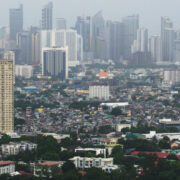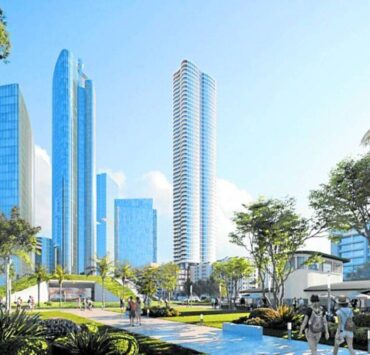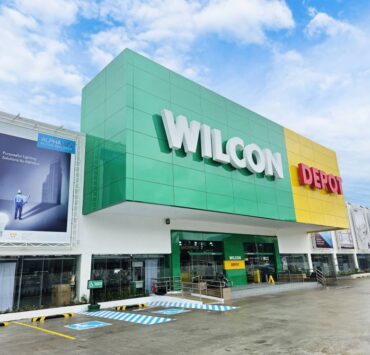Philippine property sector shows signs of recovery amid structural shifts
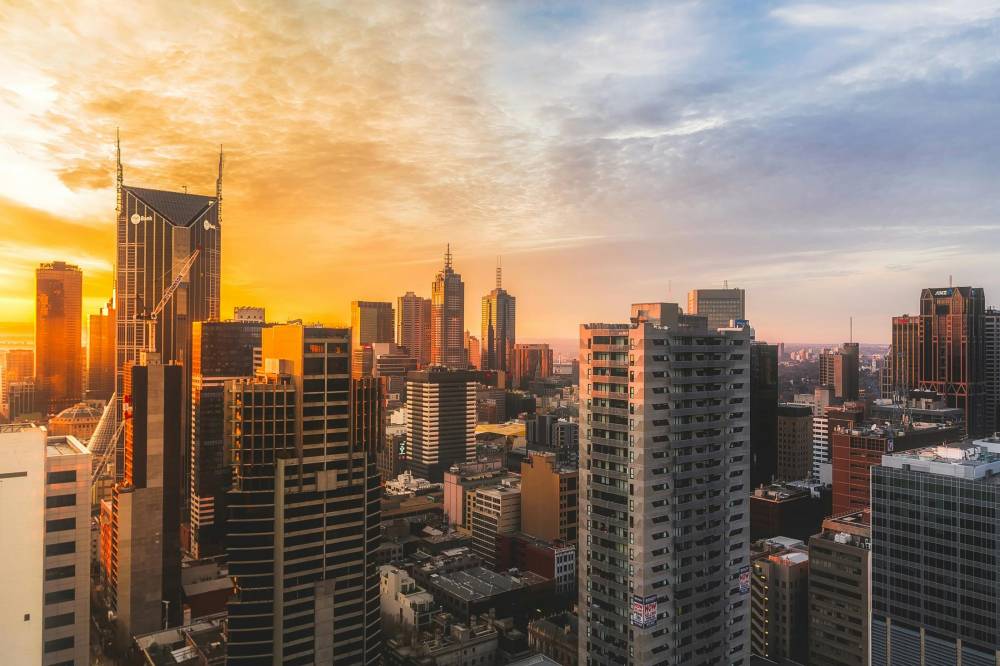
The Philippine property sector is showing renewed signs of resilience, with First Metro Securities Research turning more constructive on its outlook.
While recovery remains uneven across segments, recent developments suggest that the worst may be over, and the industry is entering a more selective growth phase.
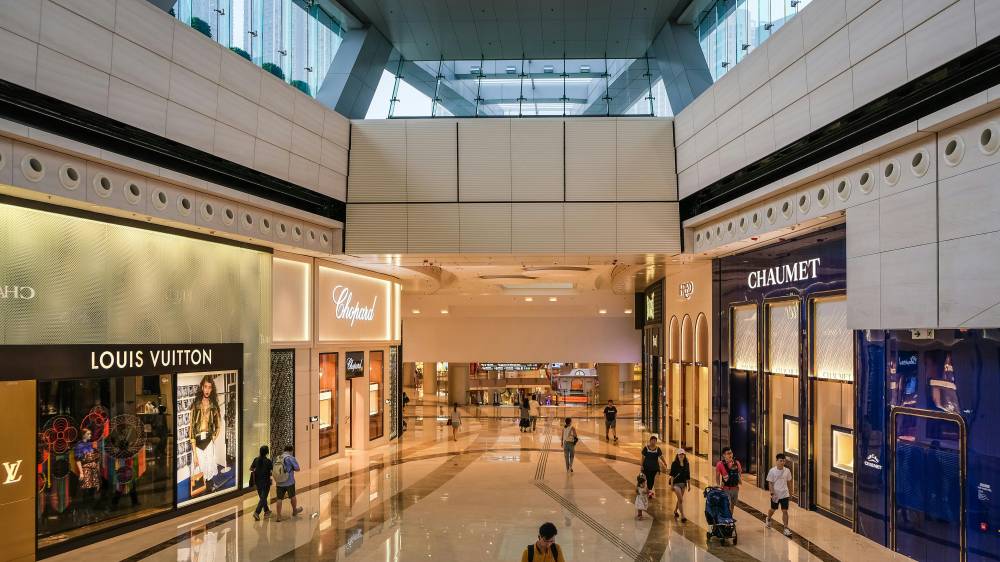
Retail leads the recovery
Retail continues to outperform the broader property sector, with occupancy and rental rates on an upward trajectory.
Leasing revenues have returned to pre-pandemic levels, buoyed by robust consumer spending and promotional activities such as credit card incentives.
Developers are capitalizing on this momentum through the renovation of older mall assets, strategic expansions in regional markets, and optimization of tenant mixes. A potential game-changer is the government’s value added tax (VAT) refund program, which could significantly boost retail spending and mall foot traffic—thus potentially driving rental rates higher.
However, infrastructure projects like the Edsa rehabilitation may present mixed outcomes. This could either increase dwell times in malls or reduce footfall in affected areas.

Office market stabilizing
The office segment is showing nascent signs of stabilization.
Demand remains anchored by business process outsourcing (BPO) firms, with the IT and Business Process Association of the Philippines (IBPAP) reaffirming its confidence in achieving a $40 billion revenue target.
Rental reversion has turned positive for some buildings, indicating early signs of pricing recovery.
However, upcoming supply of 600,000 sqm to 900,000 sqm may limit upside on rents. Challenges persist from the exit of Philippine offshore gaming operators (POGOs), the hybrid work trend, AI adoption, and potential shifts in U.S. outsourcing policy.
Residential sector adapting to structural changes
The residential market remains under pressure due to oversupply and elevated vacancy rates, which continue to dampen rental yields.
Nevertheless, developers are adjusting by launching premium projects, expanding beyond Metro Manila, and offering more flexible payment terms. Structural shifts such as hybrid work and decentralization are expected to further impact demand in Metro Manila, where inventory levels remain high.
Despite these headwinds, policy normalization and gradual inventory absorption could pave the way for a more sustainable rebound.
Developers shift strategies
In response to evolving market dynamics, developers are recalibrating their strategies.
Many are revisiting new project timelines, focusing instead on premium office developments, retail asset redevelopment, and capital unlocking through real estate investment trusts (REITs) to support future growth.
As the sector transitions into a more discerning growth phase, First Metro Securities Research emphasizes that quality offerings and strong execution will be critical differentiators moving forward.
The author is an analyst at First Metro Securities, the stock brokerage house of the Metrobank Group









